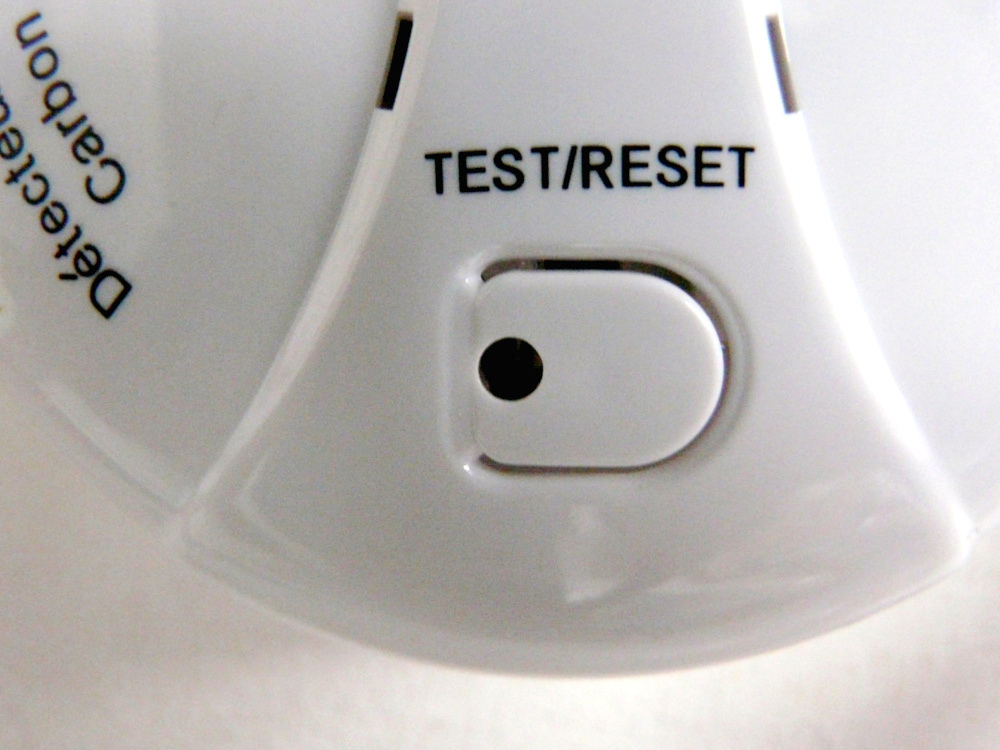Commercial businesses now required to have carbon monoxide detectors


A change in state code means that businesses and restaurants are now required to install carbon monoxide detectors by the end of June.
The change to the state’s fire prevention and building code was announced this summer and was a response to the 2014 death of a Copiague man from carbon monoxide poisoning at a restaurant.
It took effect June 27 and applies to all buildings containing devices that could potentially emit carbon monoxide — such as kerosene heaters, stoves, dryers, furnaces and space heaters with pilot lights or pen flames. Existing commercial buildings with garages are also required to install detectors.
“Now, if the owner provides me with a statement that they’re attempting in good faith to install them they have until June 27, 2016, to do it,” said Southold Town fire marshal Robert Fisher. “Otherwise, they could be held in violation of the code because the code requires it be done by June 2015.”
Both Mr. Fisher and Laura Tague, secretary for Riverhead fire marshal Craig Zitek, said this code change is an adjustment for both towns, since few buildings currently have such detectors.
“It’s a learning curve for everybody,” Ms. Tague said. “For the fire alarm installers, the business owners, even us.”
If a building does not have detectors installed by the deadline, its owners could receive a court appearance ticket for non-compliance with state code. Following an inspection, building owners will be notified both verbally and by letter if they need a detector, Ms. Tague said.
Mr. Fisher explained that carbon monoxide is released by the incomplete combustion of a hydrocarbon, typically found in fuels.
“Carbon monoxide is odorless, colorless, about the same density as air and it’s poisonous,” he said. “So there’s no way to tell its presence without a detector. And it will kill you.”
According to the Centers for Disease Control and Prevention, symptoms of carbon monoxide poisoning include headache, dizziness, weakness, vomiting, confusion, upset stomach and chest pain.
The push for code change came after a restaurant manager at Legal Sea Foods in the Walt Whitman Shops in Huntington Station died of carbon monoxide poisoning in February 2014.
Steven Nelson, 55, of Copiague was found unconscious in the restaurant’s basement and later pronounced dead at a nearby hospital. Another employee had gone into the basement to find Mr. Nelson when she began to feel dizzy and collapsed and was transported to the hospital for an overnight stay, according to CNN. The restaurant was evacuated and another 26 people were treated for carbon monoxide exposure, which was caused by a leak in the flue pipe of the water heater.
“This is here; you need to do something about it,” Mr. Fisher said of the state’s code change. “If you have questions about it, please call. We’re looking for compliance, not confrontation.”
Photo Credit: Judy van der Velden, Creative Commons




